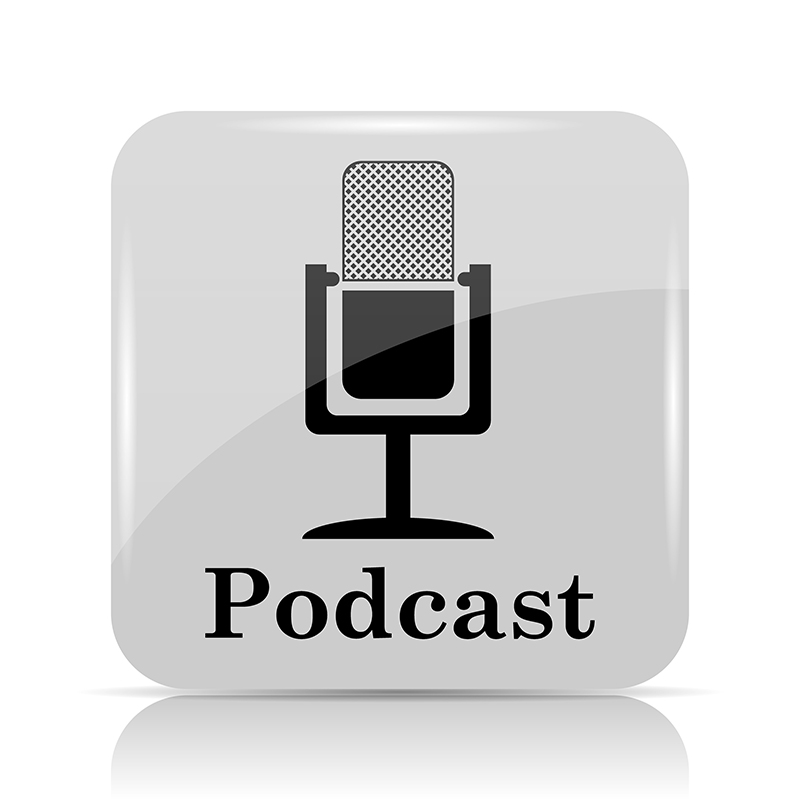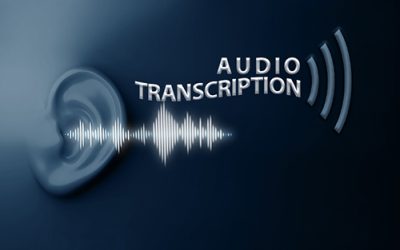
Podcasts represent an entertaining and engaging way to connect with a global audience. Education is one of the industries where podcasts are making a mark. With the COVID-19 pandemic, classrooms moved to homes, putting an end to in-person interactions. In these challenging times, high-quality educational podcasts supported by podcast transcription services are improving accessibility for students as well as teaching methods.
Podcasts offer many benefits for both students and teachers. Let’s take a look at what makes podcasts a suitable format for education.
- Convenience: It’s easier to listen to a podcast than watch a video lecture or read a lesson. Text and video need your full attention, but with podcasts, you just have to listen and absorb the content. Podcasts are a relatively easy way of keeping students engaged and helping them learn.
- Education anywhere, anytime: Students can listen to podcast lectures during other activities — cooking or commuting or helping out with household chores. They can download the podcasts onto their phone or laptop and listen to them anywhere. This is an ideal option for those with busy schedules.
- Makes revision easy: When podcast lessons are presented in an easily digestible format, it becomes easy for students to review them multiple times throughout the course. This is especially useful when they are preparing for an exam. They can study and review topics that they found difficult to understand at their own pace.
- Enables catching up on missed lessons: Missing classes could make students feel stressed and demoralized. Podcasts would be a big help in this situation. Students can catch up by downloading recordings of the lectures. They can listen to a podcast on their way to school to catch up. Likewise, a teacher who could not come to class for a few days can make a podcast of his/her lectures available to their students, which will cut backlogs.
- Improves accessibility: Podcasts play a vital role in making education accessible. With podcast transcription, lecturers can make the content accessible to people with hearing impairments and those who could not follow or understand the audio. Educational podcasts could also support students who don’t like reading or find it a challenge due to mental impairments like dyslexia. Podcasts are also a big aid for students with visual impairments who find conventional learning methods difficult.
- Supports learning of English: Many students listen to podcasts to learn or improve their English. Listening combined with transcripts and subtitles will take this learning to a new level. A study at the University of Nottingham on the processing of native and foreign language through subtitles concluded that “Many vocabulary-learning studies seem to confirm that having both written and oral form of a word facilitates learning” (The Atlantic). Having a transcript and subtitles in front of you when you’re listening to a lecture in English will help you connect the sentences and words, and understand what’s being said more easily. Transcripts can improve all aspects of English learning, especially vocabulary, grammar, spelling, pronunciation, reading and reading speed.
- Podcasting assignments encourage creativity: Students can be encouraged to create their own podcasts as part of their project assignment. Besides promoting engagement with the topic, this can strengthen skills in research, writing, and collaboration through class discussions and peer learning. Examples of topics for student podcasts include documenting a field trip, book reviews, interviews, review of course content, and so on.
- Helps hone listening skills: Studies show that creating podcasts that require active engagement can help hone students listening skills and comprehension abilities. According to one study, students benefit from feedback assignments, student-generated content, and additional learning materials when combined with podcasts (com).
- Promotes a consistent educational experience: Podcast lectures can help teachers ensure the curriculum is covered uniformly. When the same person teaches multiple sessions of the same class, recorded lectures ensure that every student gets the same information and has the same experience.
- Allows sharing teaching experiences: Teachers can share teaching podcasts with the teaching community. Podcasts can include a description of their best teaching lessons, their experiences and techniques used, lesson plan copies, thoughts on teaching, learning, and/or assessment, and examples of their students’ work. Edutopia lists The Bedley Brothers, Every Classroom Matters, and Classroom Q&A as examples of top teacher-produced podcasts.
Digital transcription agencies play a key role in supporting podcasting in education. A readingrockets.org article points out that reading along can keep easily distracted students extremely focused. Students say that text along with audio improves their focus and losing attention. The text-audio combination also allows rereading of difficult topics. With podcast transcripts, students can easily go back and reread a topic that they didn’t understand when they first heard it. As explained above, podcast transcription also supports learning English and correct pronunciation. With the podcast-transcript combination, students can both hear and see the words which will significantly improve their understanding of the content.



